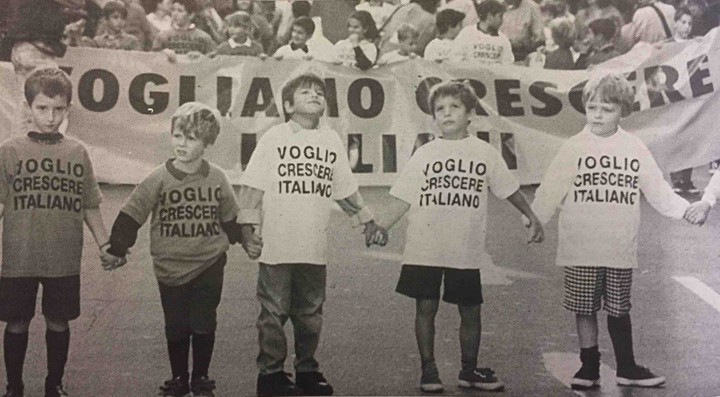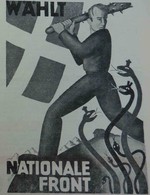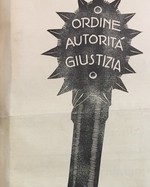Education against (liberal) democracy
 Biblioteca Nazionale Centrale, Firenze
Biblioteca Nazionale Centrale, Firenze
This ongoing project is financed by the Swiss National Science Foundation (grant nr. 184086, 2019-2020).
Education and politics are closely connected. Education is always directed at, and constituted by, specific societal and political purposes. Vice-versa, every societal and political project needs to con- sider how to mould the individuals and the society that will sustain it. After World War II, a broad consensus emerged in the Western world that education and schooling should serve to consolidate liberal democracy. Education reforms in this period aimed to mitigate societal inequality, prevent children from developing illiberal and authoritarian attitudes, and teach them the benefits and morality of political participation. However, liberal democracy as a political ideal is being increasingly contested – especially by representatives of the far right-wing of the political spectrum. In the last few decades, far-right parties and intellectuals have moved from fringe status to mainstream players in electoral politics and the societal debate.
The far right’s visions of society and politics are fundamentally at odds with liberal-democratic fundamental values such as pluralism, equality, and individual rights, which have underpinned educational thinking and policy since 1945. Does that therefore mean the education systems the movement envisions is also fundamentally different from what we have seen so far? If education is to be conceived of as the “twin-sister of democratic theory” (Honneth, 2012) how do the twin-sisters of undemocratic postwar-fascism and populist-nativist-authoritarianism look? Do they have a specific look at all?
This project represents the first empirically-based analysis of the educational of the western European postwar far right’s educational ideas and politics. Its focus is twofold. First, it investigates how this movement wants to see formal education governed and structured, as well as what content it believes education should convey. Second, it studies how the movement has engaged in educational politics, thus identifying strategic and organisational choices in this particular policy field. The project involves multi-archive research, and analysis of programmatic documents produced by what are deemed the most influential organisations of the western European postwar radical right from the 1950s to the 2000s. This includes parties and think tanks in France, Germany, Italy, and the U.K.
The project will provide a novel interdisciplinary theoretical contribution to education, as well as to political science and history. On the one hand, it complements it complements social scientists’ understanding on the ideology and strategies of the postwar radical right. On the other hand, it yields new insights into the relationship between political and educational ideals, allowing us to reflect on what actually characterises education in liberal and democratic terms.
Publications
Seeds of authoritarian opposition: Far-right education politics in post-war Europe
How to educate an authoritarian society: conflicting views on school reform for a fascist society in interwar Switzerland
Nativist authoritarian far-right flirtations with progressive education: exploring the relationship in interwar Switzerland
Zwischen Pädagogik und Revolution. Pädagogische Vorstellungen und Praktiken des schweizerischen Frontismus der 1930er-Jahre
In German.
In this chapter we explore the educational engagement of Swiss interwar fascist organisations and discuss potential avenues …



